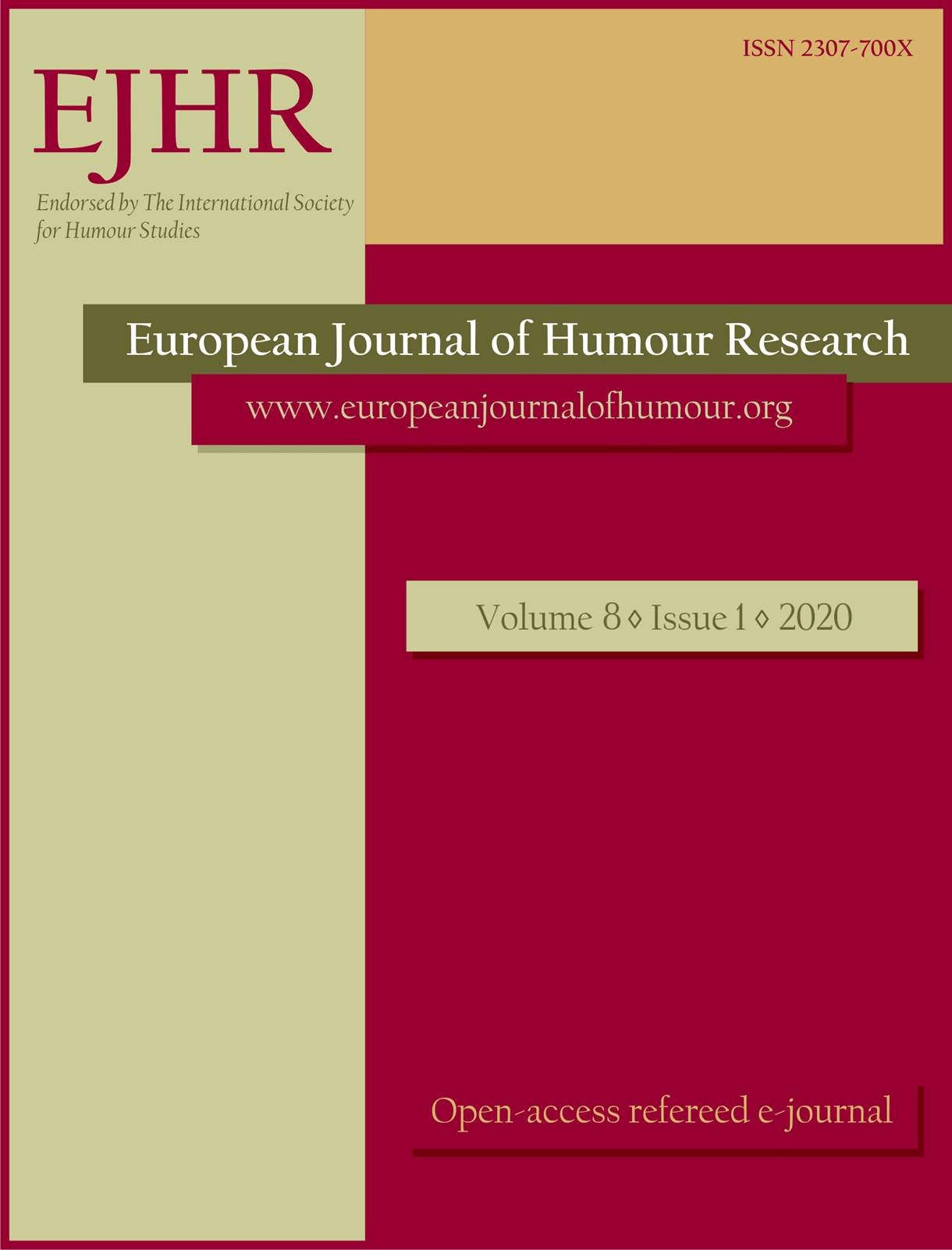Sharing humour digitally in family communication
Sharing humour digitally in family communication
Author(s): Anastasiya FiadotavaSubject(s): Anthropology, Social Sciences, Language and Literature Studies, Customs / Folklore, Theoretical Linguistics, Applied Linguistics, Communication studies, Sociology, Pragmatics, Sociolinguistics, Descriptive linguistics, Cultural Anthropology / Ethnology, Sociology of Culture
Published by: Krakowskie Towarzystwo Popularyzowania Wiedzy o Komunikacji Językowej Tertium
Keywords: humour; online; sharing; family; Belarus;
Summary/Abstract: This paper offers a folkloristic perspective on the features and dynamics of sharing humorous content digitally within a family in the context of daily communication. The data, collected from 60 Belarusian families via oral interviews and an online survey (175 respondents), were subjected to quantitative and qualitative content and context analysis. The results suggest that sharing humour digitally within a family can take various forms, some of which parallel oral face-to-face interactions, while others complement them. The most preferable ways of sharing are those that ensure the privacy of conversation, thus providing family members with an opportunity to follow the customary patterns of communication while adapting them to the new spatiotemporal circumstances. Even though the process of selecting humorous content to share with one’s family does not necessarily involve conscious reflection on the sharer’s part, some tendencies clearly transpire from the data. For example, visual and generic forms of humour are more popular than textual and personal ones. Sharing such humour presupposes certain considerations about its recipients, thus making the fact that one’s audience is their family an important consideration in the practice of digital sharing.
Journal: The European Journal of Humour Research
- Issue Year: 8/2020
- Issue No: 1
- Page Range: 95-111
- Page Count: 17
- Language: English

